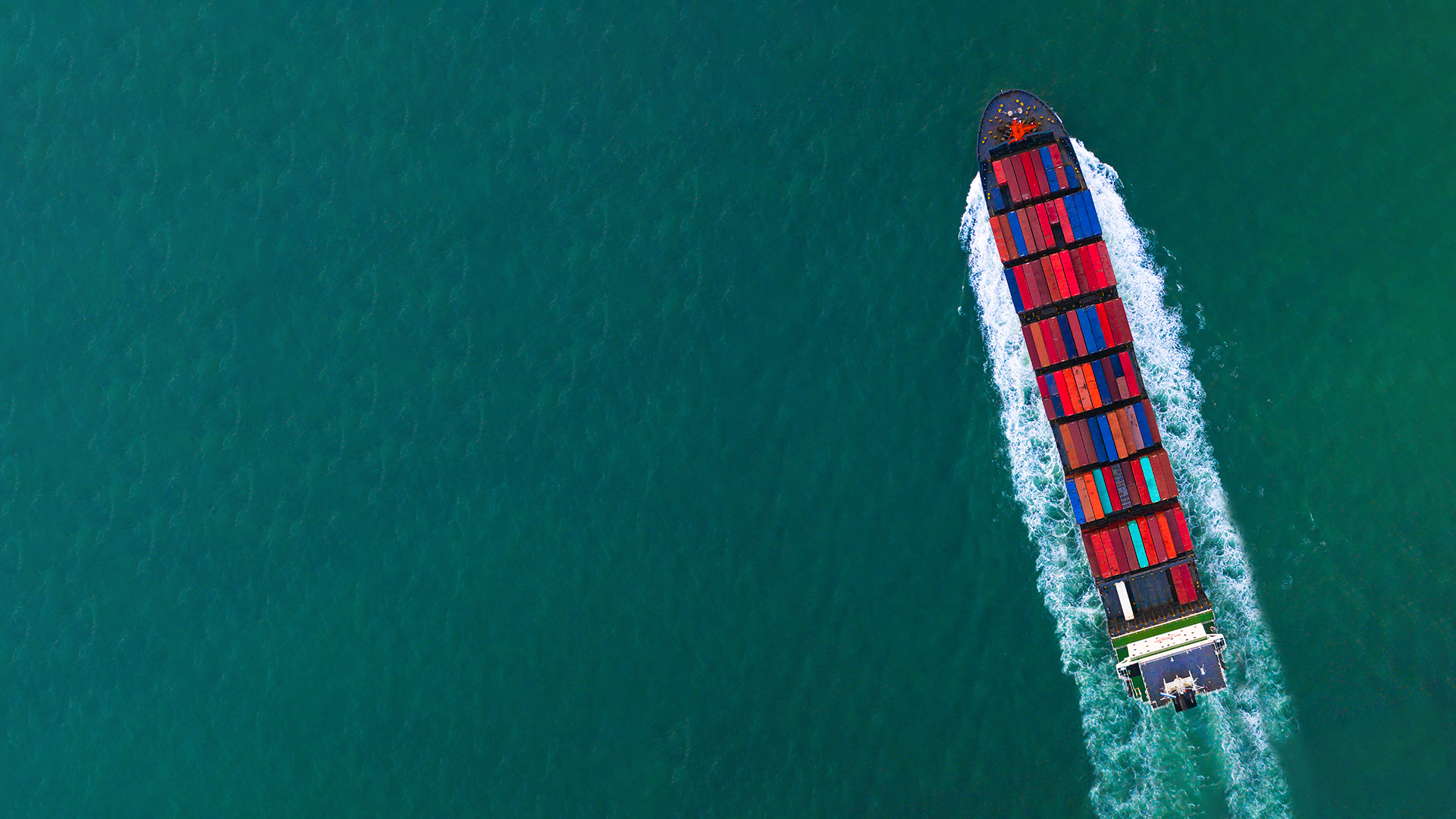
Publikation
Die Kunst des Streitens
Mit unserem Newsletter möchten wir Ihnen praktische Hinweise und prägnante Analysen der wichtigsten Rechtsprechung und jüngsten Entwicklungen im Bereich der Streitbeilegung an die Hand geben.


Global | Publikation | Januar 2024
On 18 December 2023, the EU adopted its 12th sanctions package against Russia. As part of this package, Council Regulation (EU) 2023/2878 (amending Council Regulation (EU) No 833/2014 of 31 July 2014 (Regulation 833/2014)) introduced restrictions relating to the sale of tankers.
The new measures (a) prohibit the sale of tankers for the transport of crude oil or petroleum products to any natural or legal person, entity, or body in Russia or for use in Russia (unless authorised by an EU Member State competent authority), and (b) introduce a notification requirement for sales of such tankers to third countries. By requiring notification of tanker sales, the EU seeks to improve transparency and oversight around the sale of tankers, acknowledging the potential for tankers to be utilised in circumventing existing restrictions around the transport of Russian crude oil and petroleum products (in particular, the Russia Oil Price Cap measures introduced by the Price Cap Coalition).
In this update we look at the details of the notification requirement for sales of tankers to third countries, including the requirement to notify the relevant authorities of transactions that have taken place between 5 December 2022 and 19 December 2023.
The following are the specific requirements and timelines for reporting transactions related to tanker sales:
These measures represent a significant step in the EU’s attempts to tackle circumvention of sanctions targeting Russia. The EU Commission has stated that the information provided will help it gather more information on the ‘shadow fleet' currently used by Russia to circumvent the Price Cap and bring more transparency to this market. The measures are a further sign of the EU’s continued focus on the maritime sector and its willingness to proactively monitor the sector to enforce sanctions compliance and tackle circumvention. While the notification obligation directly impacts the owners of tankers, financial institutions and insurers should also consider its impact on their contractual arrangements with owners subject to this new requirement.
If you would like to discuss the impact of these measures, we are available to assist.
Co-authored by Gregory McManus (Trainee, London).

Publikation
Mit unserem Newsletter möchten wir Ihnen praktische Hinweise und prägnante Analysen der wichtigsten Rechtsprechung und jüngsten Entwicklungen im Bereich der Streitbeilegung an die Hand geben.

Publikation
Seit Beginn des russischen Angriffskriegs gegen die Ukraine im Februar 2022 haben westliche Staaten umfassende Sanktionen gegen Russland verhängt, wobei die EU ihr Sanktionsregime konsequent fortsetzt.
Publikation
Das Urteil des Bundesgerichtshofs (BGH) in der Rechtssache Sony v. Datel (BGH, 31.07.2025 – I ZR 157/21, Action Replay II) (das „Urteil”) klärt eine bislang umstrittene Frage: Wann stellt die Manipulation von RAM-Daten eine urheberrechtsrelevante Bearbeitung von Software dar?
Subscribe and stay up to date with the latest legal news, information and events . . .
© Norton Rose Fulbright LLP 2025